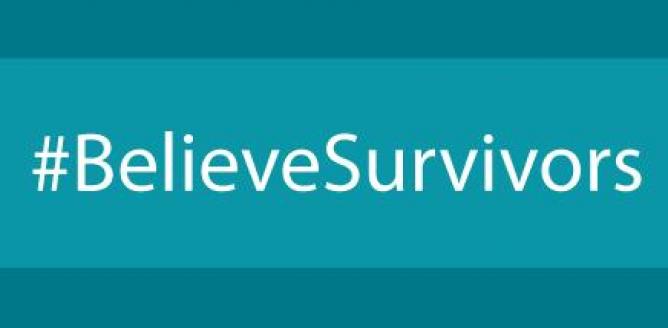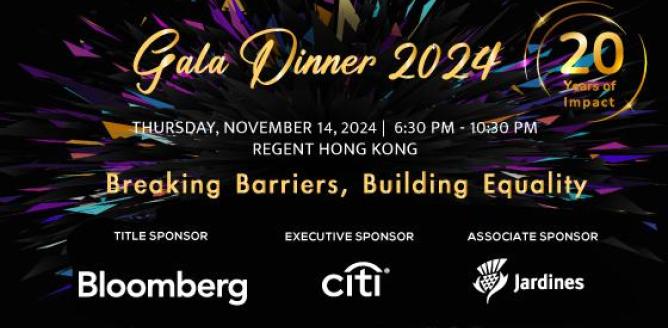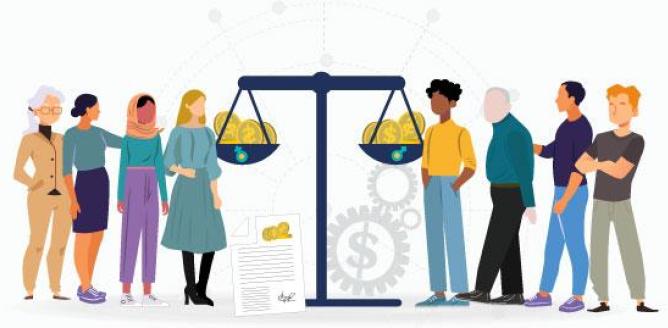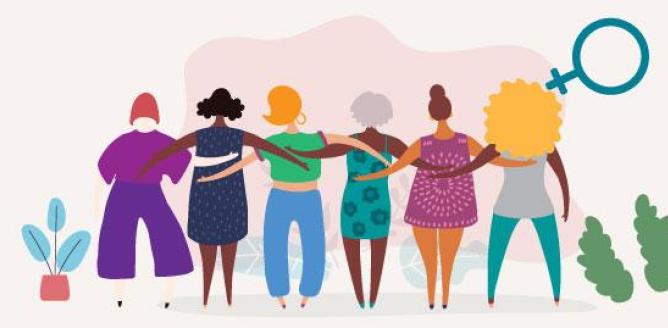“Our lives begin to end the day we become silent about things that matter.” - Martin Luther King, Jr., leader of the American civil rights movement.
#BelieveSurvivors. A simple hashtag that represents a watershed moment.
That is the rallying cry of many women who have protested and rallied against the confirmation of US Supreme Court nominee Brett Kavanaugh, who is facing multiple allegations of sexual assault and misconduct. One of the women, Dr Christina Blasey Ford, who accused Kavanaugh of sexual assault while they were in high school, agreed to testify in front of the US Senate Judiciary Committee on September 27.
Women, including #MeToo creator Tarana Burke and actress Alyssa Milano, took part in protests at the Supreme Court and the Senate offices, and sexual assault survivors confronted a senator who supported Kavanaugh – before the Judiciary Committee decided to delay the vote for a week pending the FBI investigators. This week, protesters stepped up the pressure to block the nomination altogether. “How many stories of sexual violence do you need to hear in order to believe women?” a woman protester asked US Senate majority leader Mitch McConnell, a Republican, at Reagan National Airport in Washington, D.C.
October marks the first anniversary of the #MeToo movement going viral and becoming a global phenomenon, with women and men speaking up for change. Throughout the past year, we have seen individuals in positions of power accused of sexually assaulting and harassing women and men being held accountable. Hollywood producer Harvey Weinstein faced multiple sexual assault charges and could face life in prison.
One day before the Ford-Kavanaugh hearings, actor Bill Cosby was sentenced to jail for three to 10 years for sexual assault. However, we still hear “boys will be boys” arguments defending the actions of perpetrators and victim-blaming is common. It also took multiple women to come forward recounting their traumatic experience in the hands of Weinstein, Cosby and others before they were finally believed. There has been progress, but we still need to do better.
In Hong Kong, #MeToo faces significant challenges - 1 in 7 women in Hong Kong has experienced sexual assault but 90% of them choose not to report it.
TWF is committed to keep conversations around #MeToo going in the city, and we also need to support victims and survivors of sexual assault and harassment, whether at home, school, the workplace or in public places.
The #MeToo movement has given way to the call for #BelieveSurvivors. We hope this shift in perspective from personal experience to community responsibility will help move us from conversation to action.





















